Crocin Oral Drop, 15 ml
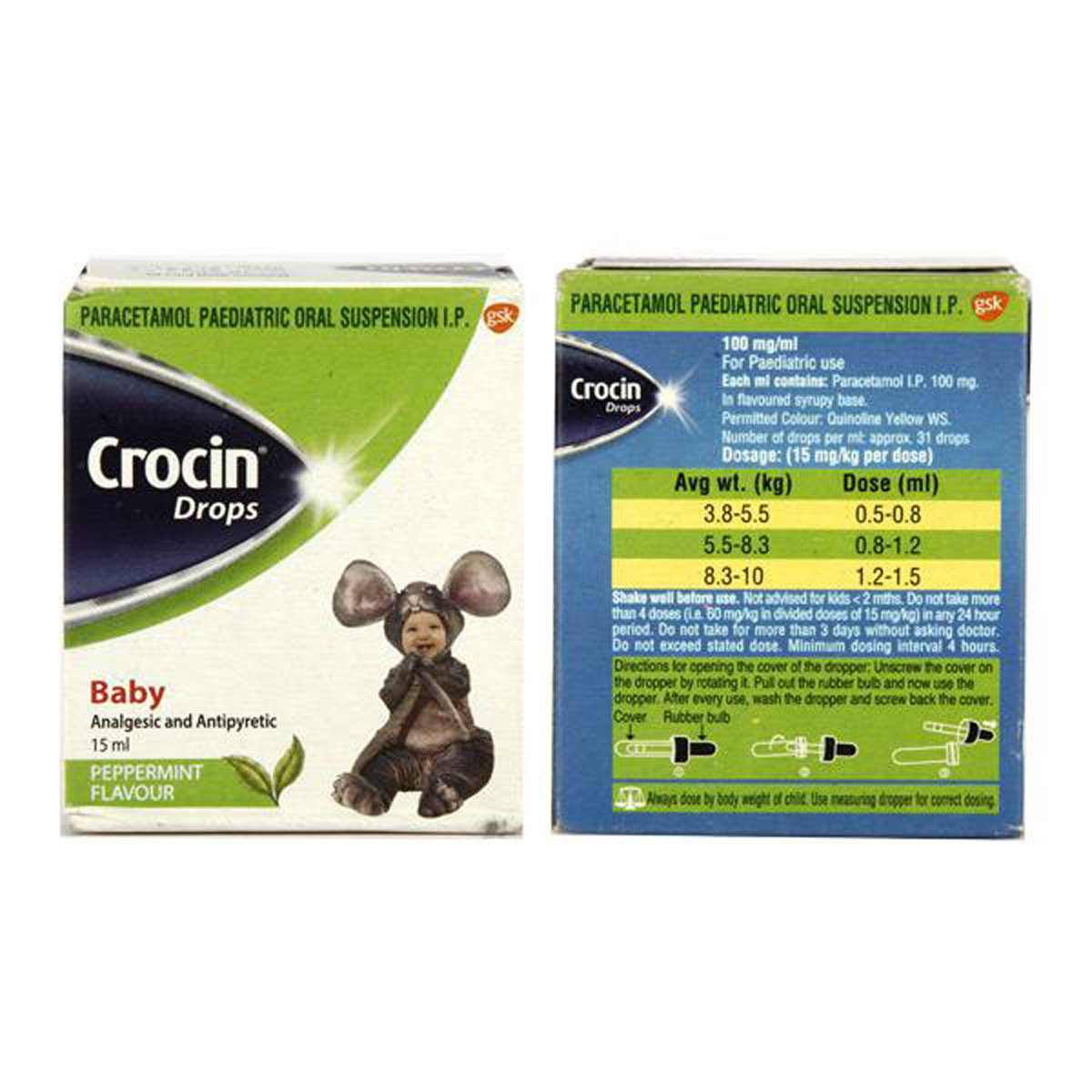
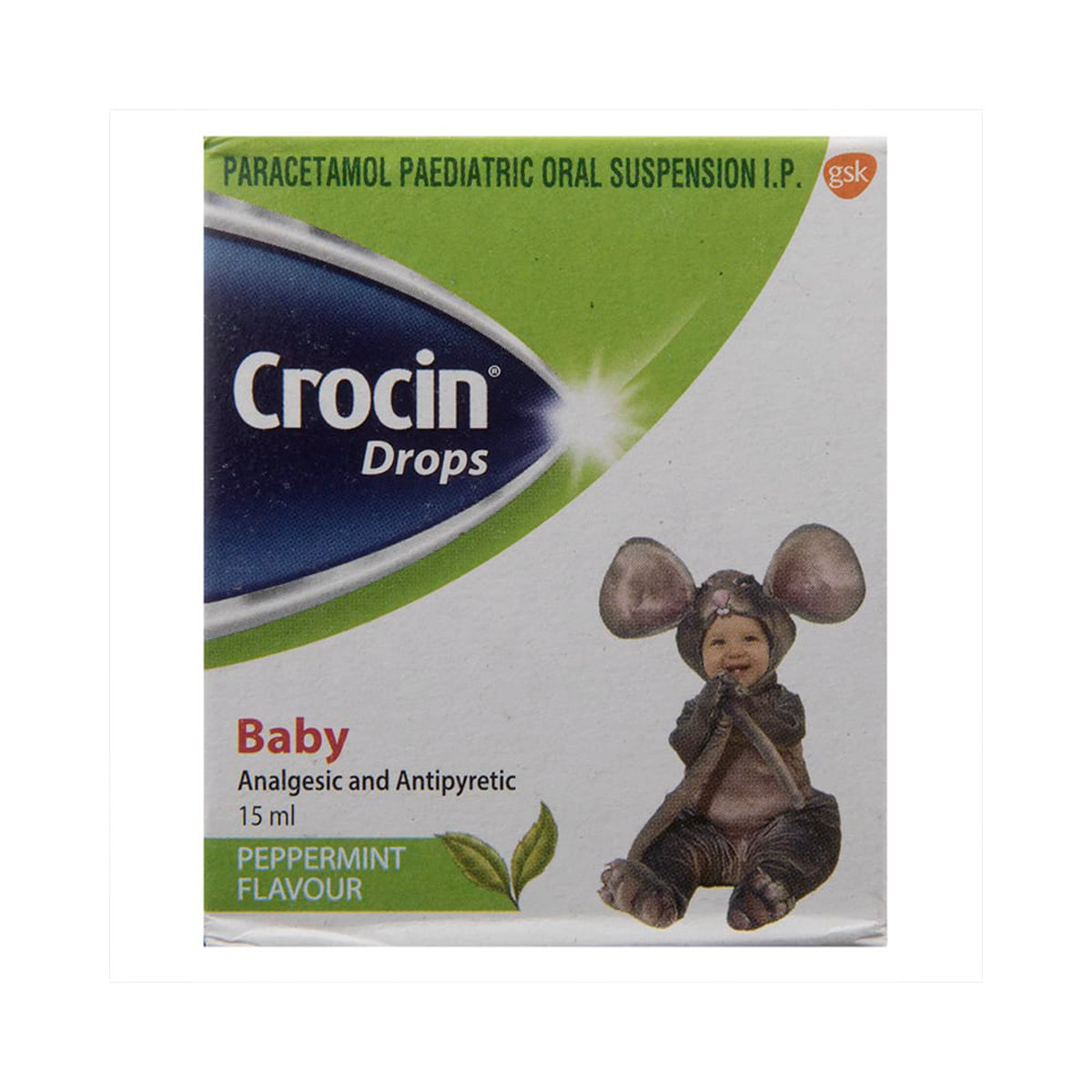
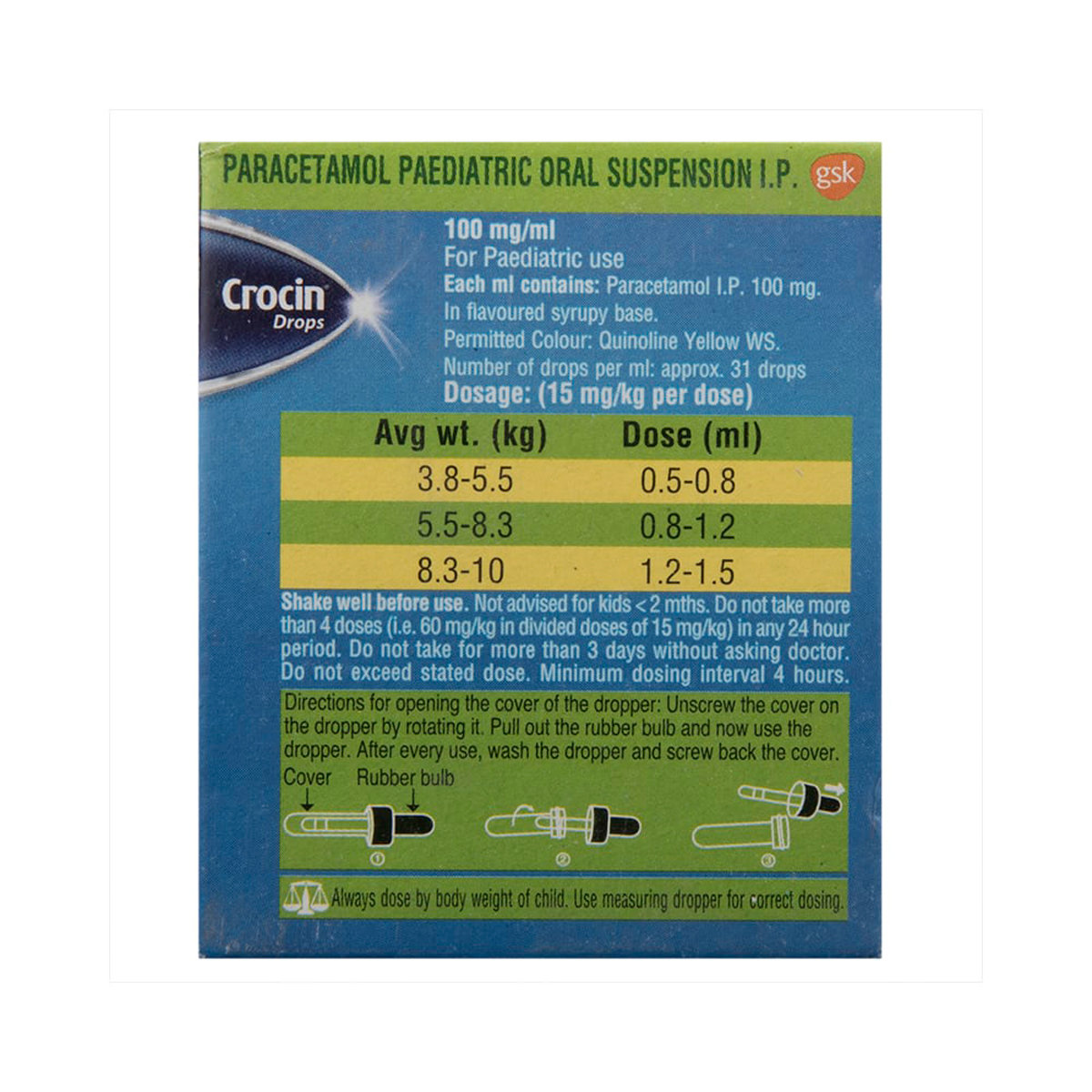



MRP ₹37.5
(Inclusive of all Taxes)
₹5.6 Cashback (15%)
Online payment accepted

secured payment

india's most trusted pharmacy

genuine products
Available Offers
Provide Delivery Location
FAQs
Disclaimer
Customers Also Bought
Product Substitutes
Author Details
We provide you with authentic, trustworthy and relevant information
- Inform your doctor about the nausea and discuss possible alternatives to the medication or adjustments to the dosage.
- Divide your daily food intake into smaller, more frequent meals to reduce nausea.
- Opt for bland, easily digestible foods like crackers, toast, plain rice, bananas, and applesauce.
- Avoid certain foods that can trigger nausea, such as fatty, greasy, spicy, and smelly foods.
- Drink plenty of fluids, such as water, clear broth, or electrolyte-rich beverages like coconut water or sports drinks.
- Use ginger (tea, ale, or candies) to help relieve nausea.
- Get adequate rest and also avoid strenuous activities that can worsen nausea.
- Talk to your doctor about taking anti-nausea medication if your nausea is severe.
- Record when your nausea occurs, what triggers it, and what provides relief to help you identify patterns and manage your symptoms more effectively.
- Preventing Vomiting (Before it Happens)
- Take medication exactly as prescribed by your doctor. This can help minimize side effects, including vomiting.
- Having a small meal before taking your medication can help reduce nausea and vomiting.
- Talk to your doctor about taking anti-nausea medication along with your prescribed medication.
- Managing Vomiting (If it Happens)
- Try taking ginger in the form of tea, ale, or candy to help alleviate nausea and vomiting.
- What to Do if Vomiting Persists
- Consult your doctor if vomiting continues or worsens, consult the doctor for guidance on adjusting your medication or additional treatment.
- Manage stress by practising deep breathing, yoga or meditation.
- Participating in activities you enjoy, or exercising may also help manage agitation.
- Get enough sleep. Maintain a regular sleep cycle.
- Exercise regularly. Try physical activities like walking, running, or dancing.
- Prepare for a restful night's sleep: Develop a calming pre-sleep routine, like reading or meditation, to help your body relax and prepare for sleep.
- Create a sleep-conducive Environment: Make bedroom a sleep haven by ensuring it is quiet, dark and calm.
- Follow a Sleep Schedule: Go to bed and get up at the same time every day to help regulate your body's internal clock and increase sleep quality.
- Try relaxing techniques like deep breathing, mindfulness meditation and any others.
- Limit stimulating activities before bedtime: Avoid stimulating activities before bedtime to improve sleep quality.
- Monitor Progress: Keep track of your sleep patterns to identify areas for improvement.
- Consult a doctor if needed: If these steps don't improve your sleep, consult a doctor for further guidance and therapy.
- Inform your doctor about your constipation symptoms. They may adjust your medication or advise alternative treatments.
- Stay hydrated by drinking sufficient of water (at least 8-10 glasses a day) to help soften stool and promote bowel movements.
- Increase fibre intake by eating foods high in fibre, such as fruits, whole grains, vegetables and legumes, to help bulk up the stool.
- Establish a bowel routine by trying to go to the bathroom at the same time each day to train your bowels.
- Engaging in regular exercise, like walking or yoga, can support in bowel movement stimulation.
- Consult your doctor if constipation persists, and discuss alternative treatments or adjustments to your medication.
- Inform Your Doctor: Notify your doctor immediately about your diarrhoea symptoms. This allows them to adjust your medication or provide guidance on managing side effects.
- Stay Hydrated: Drink plenty of fluids to replace lost water and electrolytes. Choose water, clear broth, and electrolyte-rich drinks. Avoid carbonated or caffeinated beverages to effectively rehydrate your body.
- Follow a Bland Diet: Eat easy-to-digest foods to help firm up your stool and settle your stomach. Try incorporating bananas, rice, applesauce, toast, plain crackers, and boiled vegetables into your diet.
- Avoid Trigger Foods: Steer clear of foods that can worsen diarrhoea, such as spicy, fatty, or greasy foods, high-fibre foods, and dairy products (especially if you're lactose intolerant).
- Practice Good Hygiene: Maintain good hygiene to prevent the spread of infection. To stay healthy, wash your hands frequently, clean and disinfect surfaces regularly, and avoid exchanging personal belongings with others.
- Take Anti-Diarrheal Medications: If your doctor advises, anti-diarrheal medications such as loperamide might help manage diarrhoea symptoms. Always follow your doctor's directions.
- Keep track of your diarrhoea symptoms. If they don't get better or worse or are accompanied by severe stomach pain, blood, or dehydration signs (like extreme thirst or dark urine), seek medical help.
Drug-Drug Interactions
Drug-Drug Interactions
Login/Sign Up
Co-administration of Crocin Oral Drop, 15 ml and Leflunomide may increase the risk of liver problems.
How to manage the interaction:
Although there is a possible interaction between Crocin Oral Drop, 15 ml and Leflunomide, they can be taken together if prescribed by a doctor. However, if you experience fever, chills, joint pain or swelling, unusual bleeding or bruising, skin rash, itching, less desire to eat, fatigue, nausea, vomiting, abdominal pain, or yellowing of the skin or eyes, contact a doctor immediately. Do not discontinue any medications without consulting a doctor.
Co-administration of ketamine and Crocin Oral Drop, 15 ml may decrease the effectiveness of Ketamine which could result in a higher blood level.
How to manage the interaction:
Although taking Ketamine and Crocin Oral Drop, 15 ml together can evidently cause an interaction, it can be taken if a doctor has suggested it. If you're feeling very sleepy or having trouble breathing, it's important to contact your doctor right away. Do not stop using any medications without a doctor's advice.
Co-administration of Crocin Oral Drop, 15 ml and Valdecoxib may increase the risk or severity of adverse effects.
How to manage the interaction:
Although there is a possible interaction between Crocin Oral Drop, 15 ml and Valdecoxib, you can take these medicines together if prescribed by a doctor. However, if the side effects worsen, please consult a doctor.
Co-administration of Lomitapide and Crocin Oral Drop, 15 ml may increase the risk of severity of liver injury.
How to manage the interaction:
Although there is a possible interaction between Crocin Oral Drop, 15 ml and Lomitapide, you can take these medicines together if prescribed by a doctor. Do not stop using any medications without a doctor's advice.
Co-administration of Teriflunomide with Crocin Oral Drop, 15 ml may increase the risk or severity of Liver problems.
How to manage the interaction:
Taking Crocin Oral Drop, 15 ml with Teriflunomide together can possibly result in an interaction, but it can be taken if a doctor has advised it. Do not discontinue any medications without consulting a doctor.
Co-administration of Crocin Oral Drop, 15 ml may decrease the excretion rate of Oxazepam which could result in a higher serum level.
How to manage the interaction:
Although there is a possible interaction between Oxazepam and Crocin Oral Drop, 15 ml, you can take these medicines together if prescribed by a doctor. Do not stop using any medications without a doctor's advice.
Co-administration of Crocin Oral Drop, 15 ml and Ketoconazole may increase the risk of liver injury.
How to manage the interaction:
Although there is a possible interaction between Crocin Oral Drop, 15 ml and Ketoconazole, you can take these medicines together if prescribed by a doctor. However, if you have joint pain or swelling, fever, chills, unusual bleeding or bruising, skin rash, itching, over-tiredness, nausea, vomiting, loss of appetite, stomach pain, dark-colored urine, light-colored stools, and/or yellowing of the skin or eyes, contact a doctor immediately as these may be signs and symptoms of liver damage. Do not discontinue the medication without consulting a doctor.
Co-administration of Mipomersen with Crocin Oral Drop, 15 ml may increase the risk or severity of liver injury.
How to manage the interaction:
There may be a possibility of interaction between Crocin Oral Drop, 15 ml and Mipomersen, but it can be taken if prescribed by a doctor. Do not stop using any medications without talking to a doctor.

Have a query?
Buy best Otc products by
ACUVUE
Others
HIMALAYA
APOLLO PHARMACY
DOCTOR S CHOICE
Dabur
AMRUTANJAN
NICOTEX
VICKS
VOLINI
MOOV
ENO
ZANDU
DIGENE
COFSILS
WHOLELEAF
DETTOL
IODEX
MY DR.
AIMIL
BAIDYANATH
BOROLINE
BOROPLUS
CANNABLISS
RELISPRAY
SOFTOVAC
PANKAJAKASTHURI
PATANJALI
GAS-O-FAST
MONISON S
RYZE
WEST COAST
AYUR
BASIC AYURVEDA
CANNARMA
CHARAK
DR. MOREPEN
MILLENNIUM HERBALS CARE
NASOCLEAR
SAVLON
TIGER BALM
ALARSIN
AMRUT
AXE BRAND
DR. ORTHO
OTRIVIN
PUTTUR
SAT ISABGOL
SENSUR
SRI SRI TATTVA
STREPSILS
AMRITH NONI
EMAMI
GUMEX
Gold Medal
HAMDARD
HIMANI
KAILAS JEEVAN
KWIKNIC
LAXMI ISABGOL
LEEFORD
NASELIN
NICOSURE
NOSMOK
OMNIGEL
PET SAFFA
POLYCROL
RENU
Wild Deer
2BACONIL
ALMAA
APOLLO LIFE
BAIDYANATH VANSAAR
BENADRYL
BETADINE
BIO TRUE
BRUFEN
IN-FREEZE
JOINT FLEX
MACGESIA
MAHARISHI AYURVEDA
SIDDHAYU
SISLA
SLOAN S
SOFTOLAX
SUTHOL
TRP
VAPORIN
ZIXA
ACI FREE
ANANTA HEMP WORKS
AQUALENS
ARIHANT S
ARLIN
BIOLINE
BLOOD
BURNOL
COFAID
D COLD
DHATHRI
Johnson & Johnson Vision Care Inc
Cipla Health Ltd
The Himalaya Drug Company
Reckitt Benckiser India Ltd
Apollo Healthco Limited
Emami Ltd
Medsmart
Dabur India Ltd
GlaxoSmithKline Consumer Healthcare Ltd
Amrutanjan Health Care Ltd
Abbott India Ltd
Procter & Gamble Hygiene And Health Care Ltd
Sun Pharmaceutical Industries Ltd
Itc Ltd
Lupin Ltd
Piramal Enterprises Ltd
Whole Leaf Organics Pvt Ltd
Med Manor Organics Pvt Ltd
G D Pharmaceuticals Ltd
AIMIL Pharmaceuticals (India) Ltd
Charak Pharma Pvt Ltd
Mankind Pharma Pvt Ltd
Midascare Pharmaceuticals Pvt Ltd
Hemp Organics Pvt Ltd
LEUNG KAI FOOK MEDICAL COMPANY (PTE) LTD
Shree Baidyanath Ayurved Bhawan Pvt Ltd
GlaxoSmithKline Pharmaceuticals Ltd
Glaxosmithkline Asia Pvt Ltd
Leeford Healthcare Ltd
MILLENEIUM HERBAL CARE
Morepen Laboratories Ltd
Pankajakasthuri Herbals India Pvt Ltd
Patanjali Ayurved Limited
Adonis Laboratories Pvt Ltd
Alkem Laboratories Ltd
BAUSCH & LOMB INDIA PVT LTD
Johnson & Johnson Pvt Ltd
West Coast Pharmaceuticals Pvt Ltd
Alarsin Pharmaceuticals Pvt Ltd
Basic Ayurveda Limited
Meyer Organics Pvt Ltd
VECTURA FERTIN PHARMA PVT LTD
Win Medicare Ltd
Zydus Healthcare Ltd
Ayurved Sumshodhanalaya (Pune) Pvt Ltd
Divisa Herbals Pvt Ltd
Elan Pharmaceuticals Pvt Ltd
Integrace Pvt Ltd
J B Chemicals & Pharmaceuticals Ltd
Meridian Enterprises Pvt Ltd
STRIDE CONSUMER PRIVATE LIMITED
Sri Veda Sattva Pvt Ltd
Varma Industries
Amrut Paramaciticals
Cannarma Private Limited
Cipla Ltd
GIRIRAJ ENTERPRISE
Innovative Life Sciences Pvt Ltd
MAHATREYA HERBALS
MONJI VISHRAM AND CO
Medilab India
OM SREE ENTERPRISES
OMKAR AYURVED MANDIR
PRAISE PHARMACEUTICALS PVT LTD
Pharmadent Remedies Pvt Ltd
RETORT PHARMA PVT LTD
Riaan Wellness Pvt Ltd
Rusan Healthcare Pvt Ltd
Siddhayu Healthcare Pvt Ltd
Alma Herbal Nature Pvt Ltd
Apex Laboratories Pvt Ltd
Bayer Pharmaceuticals Pvt Ltd
Bhawsar Chemicals Pvt Ltd
Fizikem Laboratories Pvt Ltd
Gufic Bioscience Ltd
IPI INDIA PVT LTD
Macleods Pharmaceuticals Ltd
Maharishi Ayurveda Products Pvt Ltd
Meditek India
Merck Ltd
Nextgen Healthcare
Njk Pharmacy Pvt Ltd
PITAMBARI PRODUCTS PVT.LTD
Renovision Exports Pvt Ltd
Rj Meditechs Pvt Ltd
SHREE DHANWANTRI HERBALS
SISLA LABS
Sbs Biotech
THE SIDHPUR SAT ISABGOL FACTORY
3M India Ltd
AAKASH PHARMACEUTICALS LTD
Ajanta Pharma Ltd
Ananta Hemp Works
Arihant Pharmaceuticals
Ban Labs Pvt Ltd
Beiersdorf (india) Pvt Ltd
Bell Pharma Pvt Ltd
BioPharm Laboratories
CHATURBHUJ PHARMACEUTICALS LTD
Cadila Pharmaceuticals Ltd
CONTACT LENSES
Pain Relief Oil
ANTACID
COUGH SYRUP
ANTISEPTIC
Pain Relief Balm
CONSTIPATION
Lozenges
Pain Relief Gel
Pain Relief Spray
Nicotine Gummies
FUNGAL INFECTION
Pain Relief Roll-On
Nasal Spray
Pain Relief Liniment
Eye Drops
EYE SOLUTION
Pain Relief Ointment
Firstaid Kit
Pain Relief Cream
COLD RUB
Nasal Drops
SWAB & GAUZE
Castor Oil
Nicotine Lozenges
Nicotine Patch
Inhaler
Dental Gel
CRAMP RELIEF
HOSPITAL SUPPLIES
MEDICATED CREAM
Pain Relief Patch
Cotton
PAIN RELIEF TABLET
SPECIALITY SUPPLEMENT
Bandage
COLD TABLET
Mouth Paint
Pain Relief Rub
STEAM POD
TAPES & BANDAGES
Choorna
Face Cream
Pregnancy Kit
Tooth Paste
BODY CREAM
BODY GEL
BURNS
Clove Oil
Corn Caps
Cough Syrup
Dental Drops
Dental Paint
Dressing
Gargle
Nasal Wash
Ashwagandha
BABY DIGESTION
Dental Lotion
Disinfectant Liquid
EAR DROPS
HAIR SOLUTION
Hair Oil
Heating Pad
Intimate Wash
MULTIVITAMIN
NICOTINE STRIP
Nasal Oil
Pain Relief Syrup
Patches
Tulsi
Vegetable wash














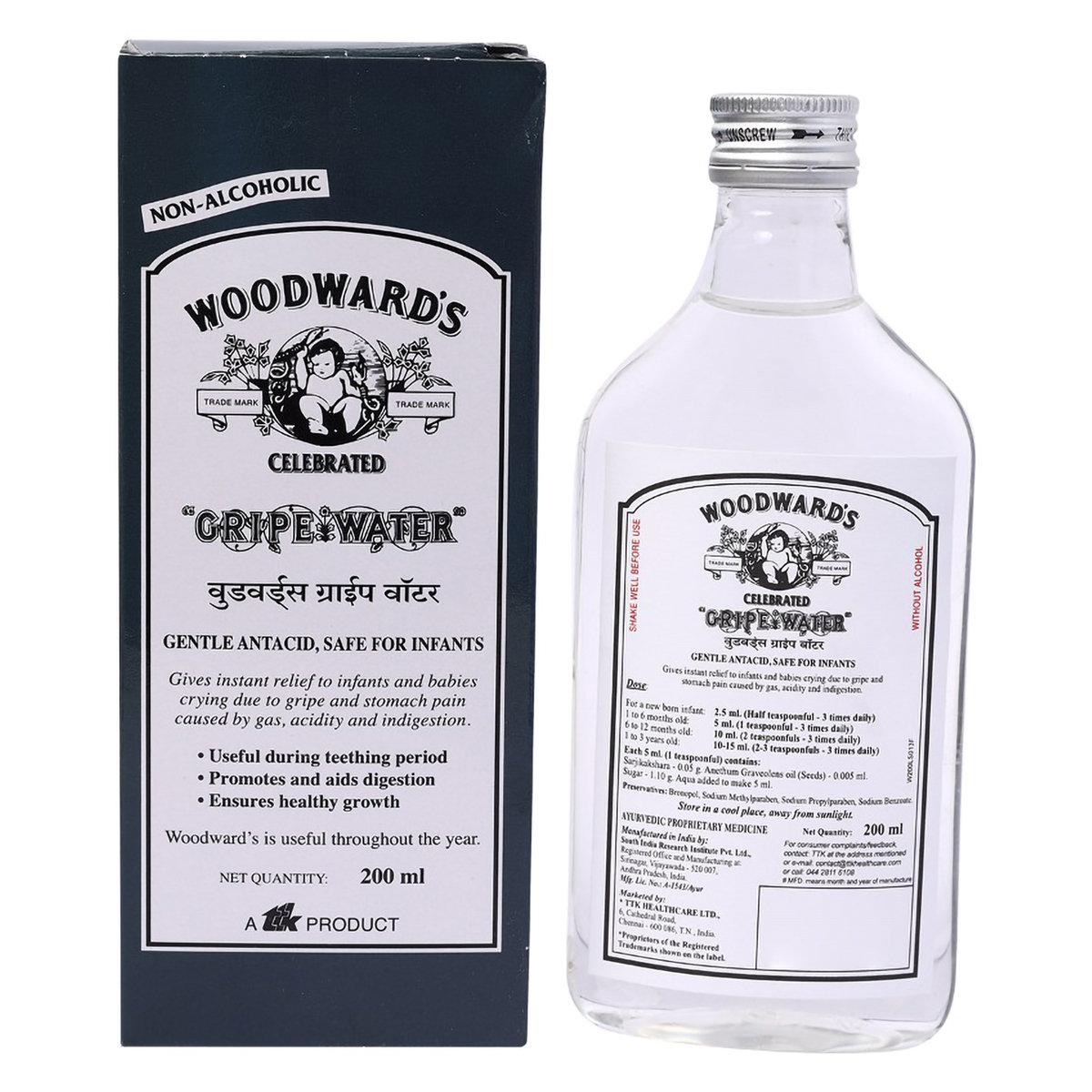
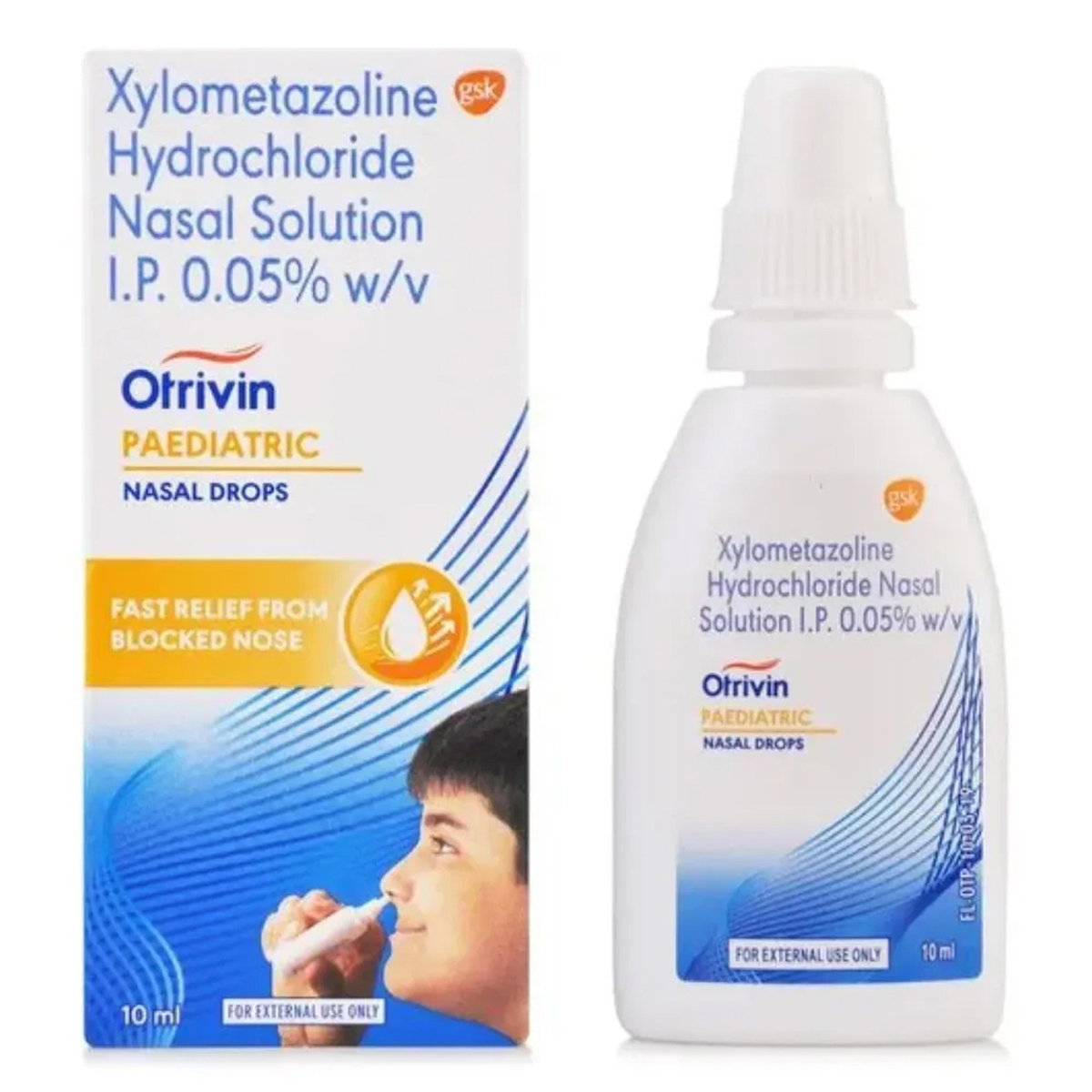
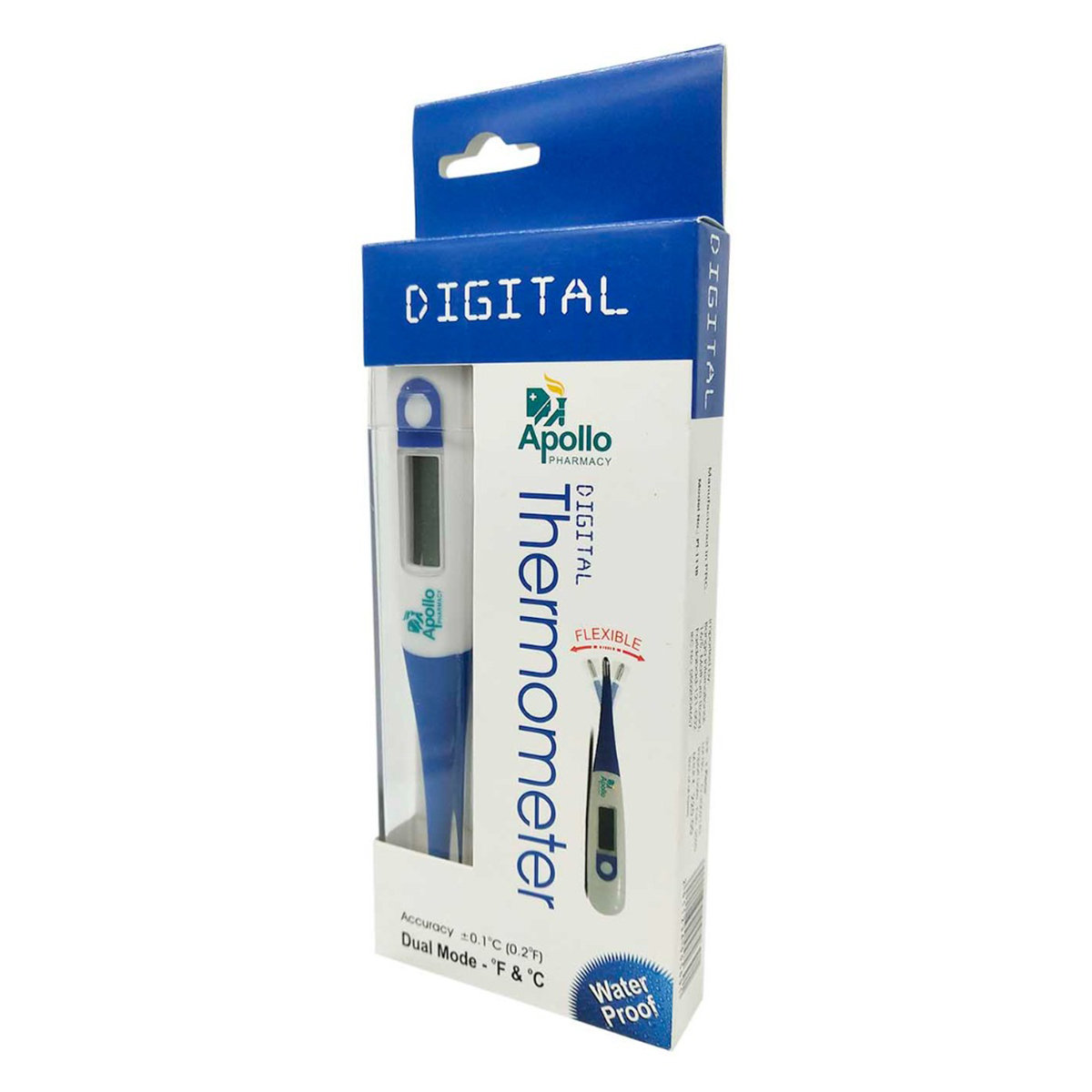
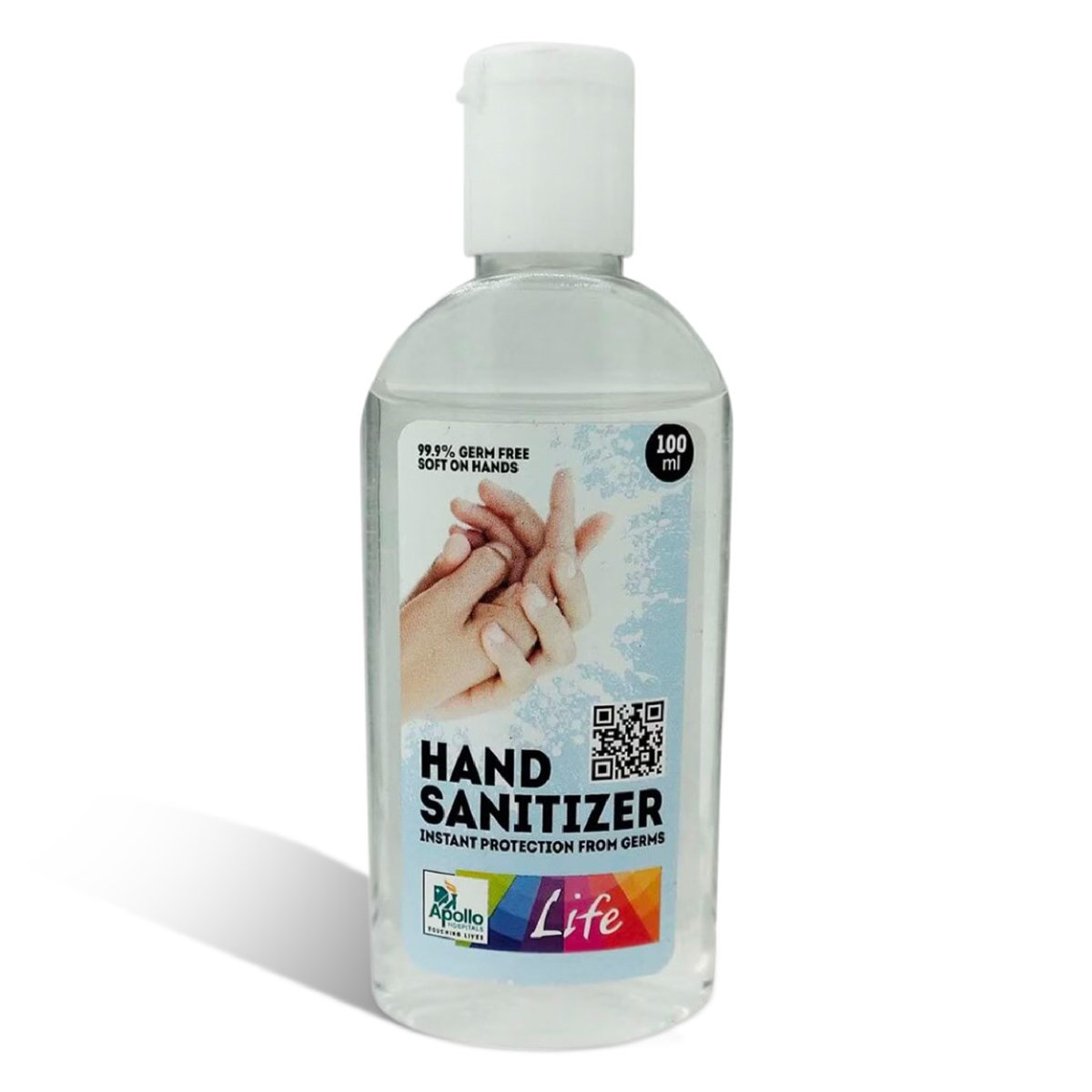





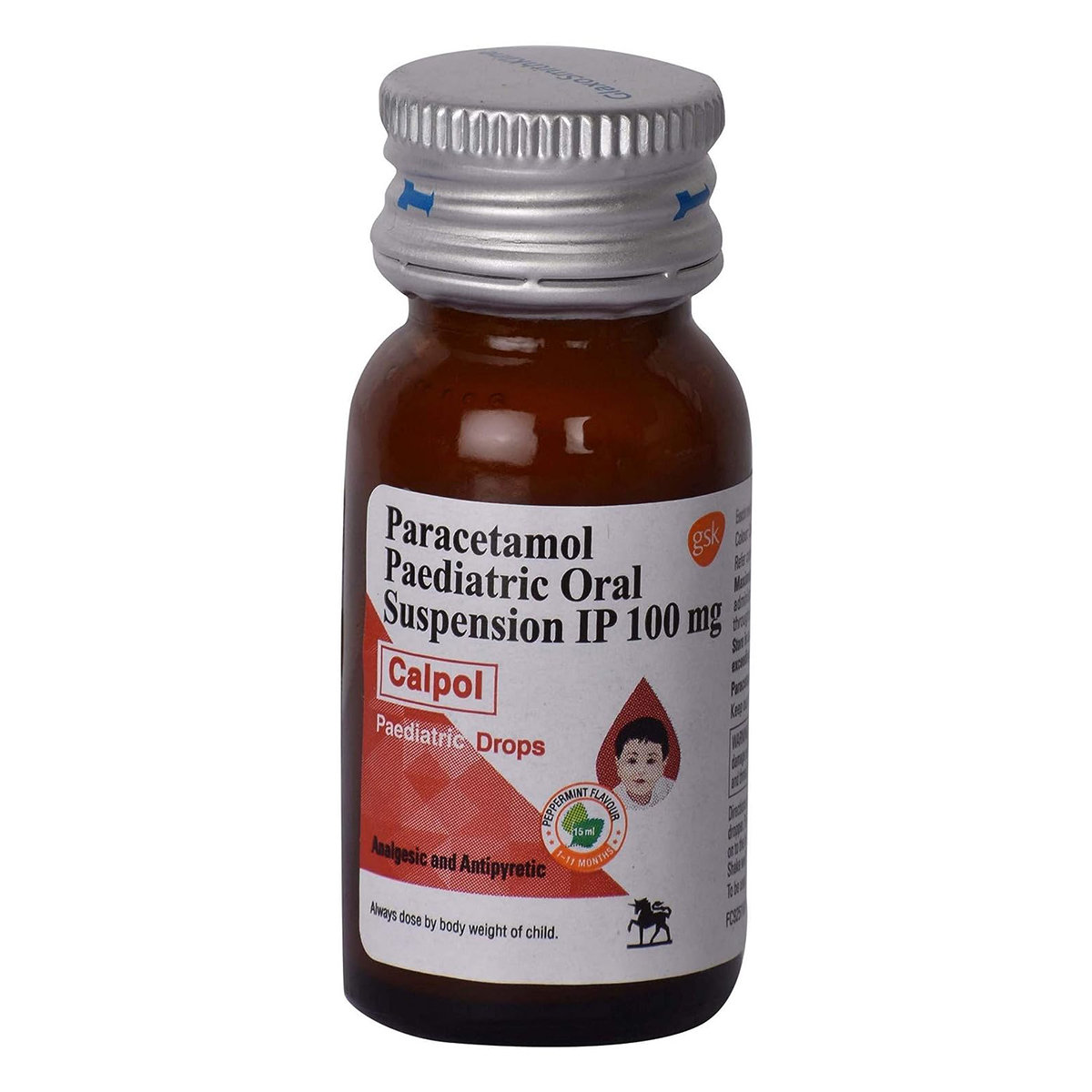
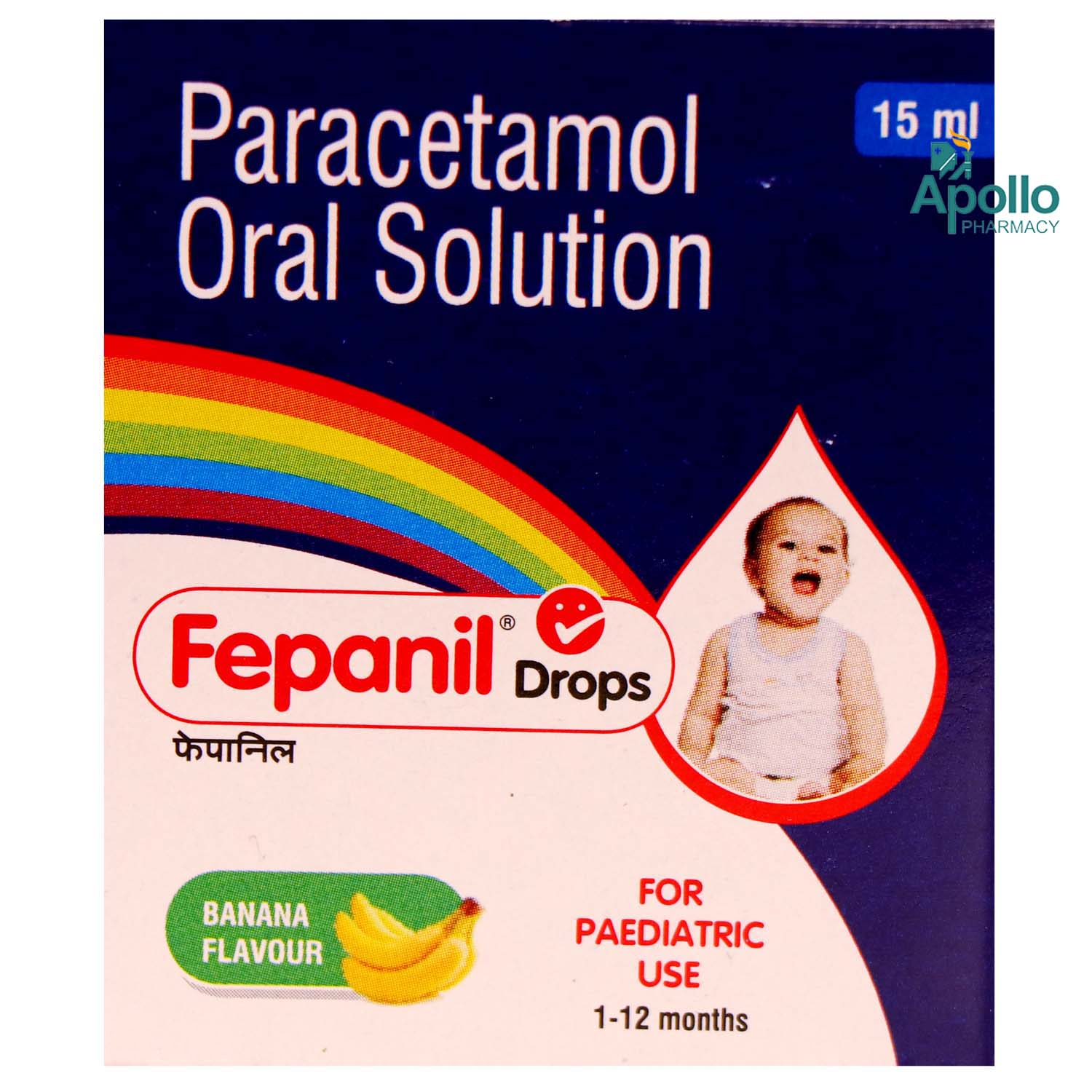
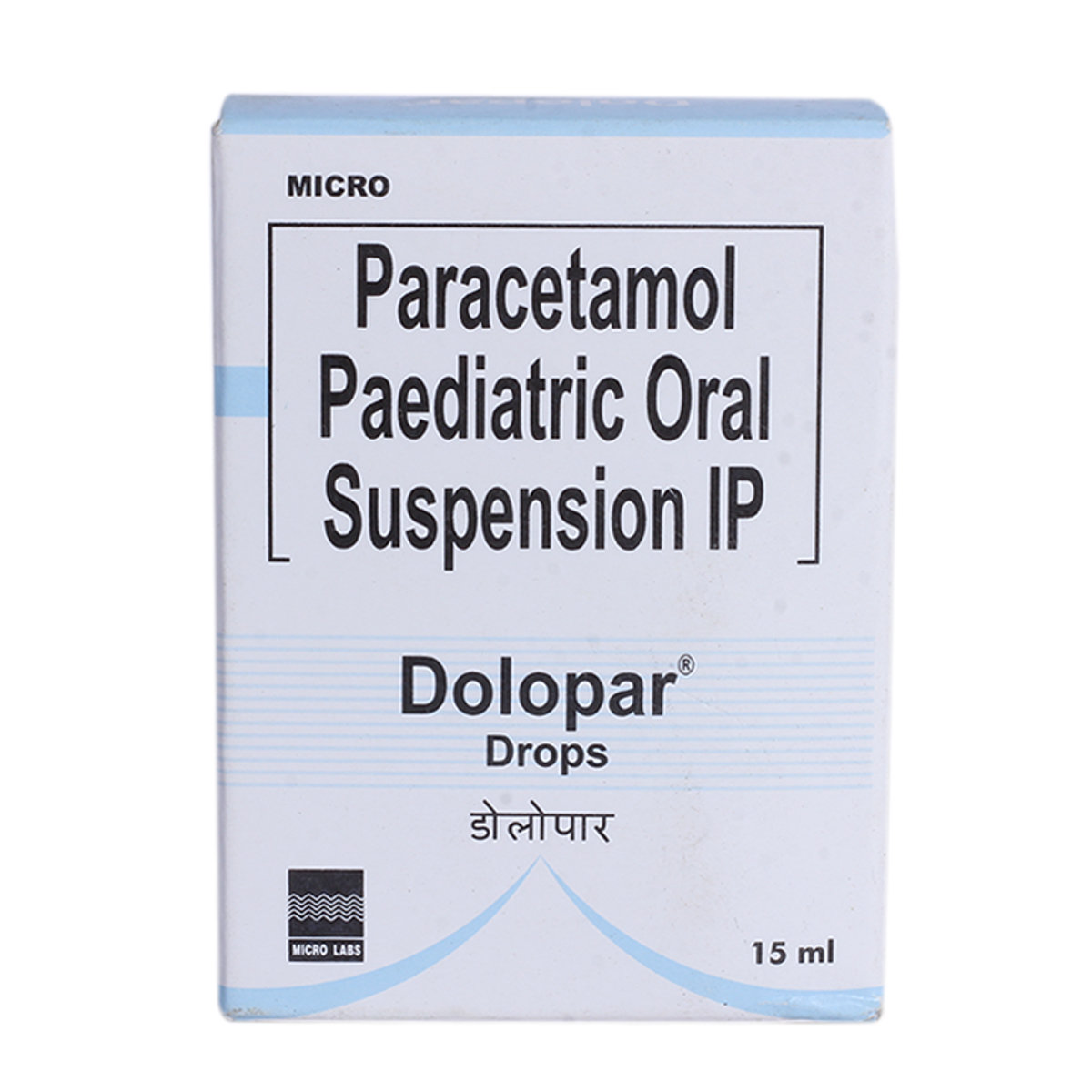
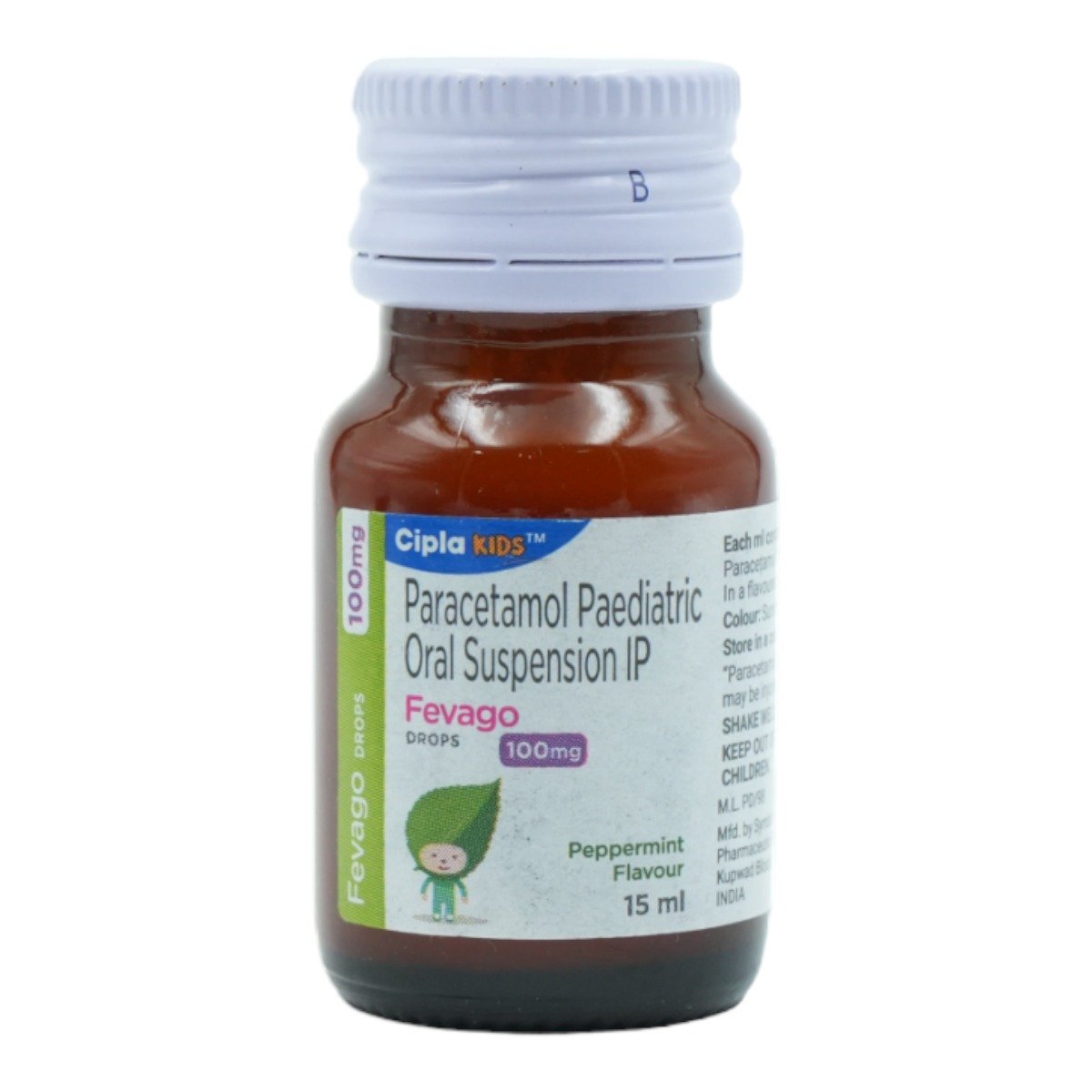
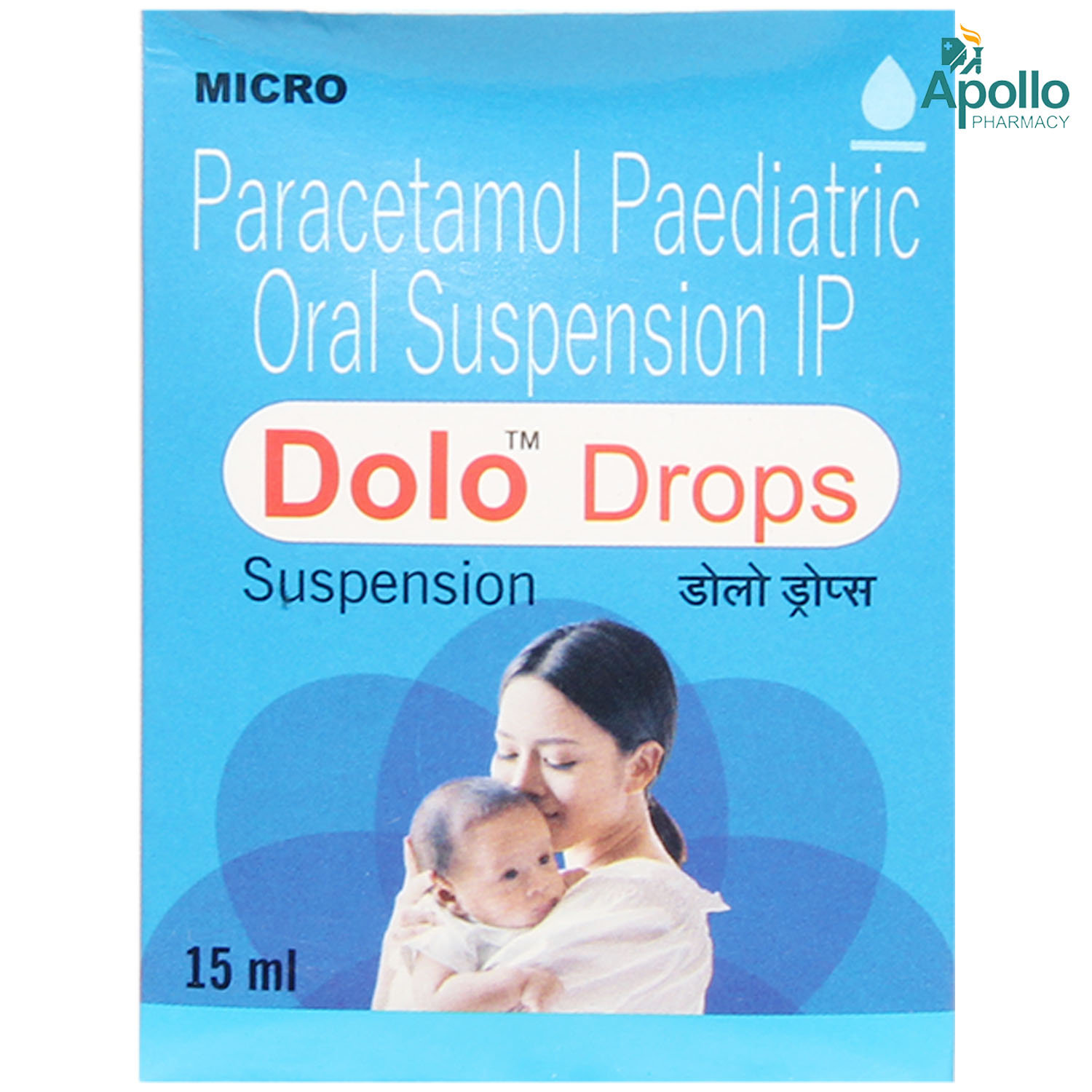
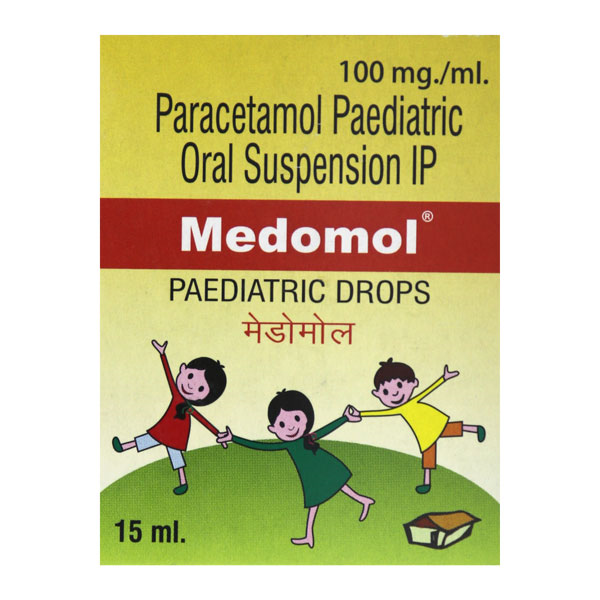
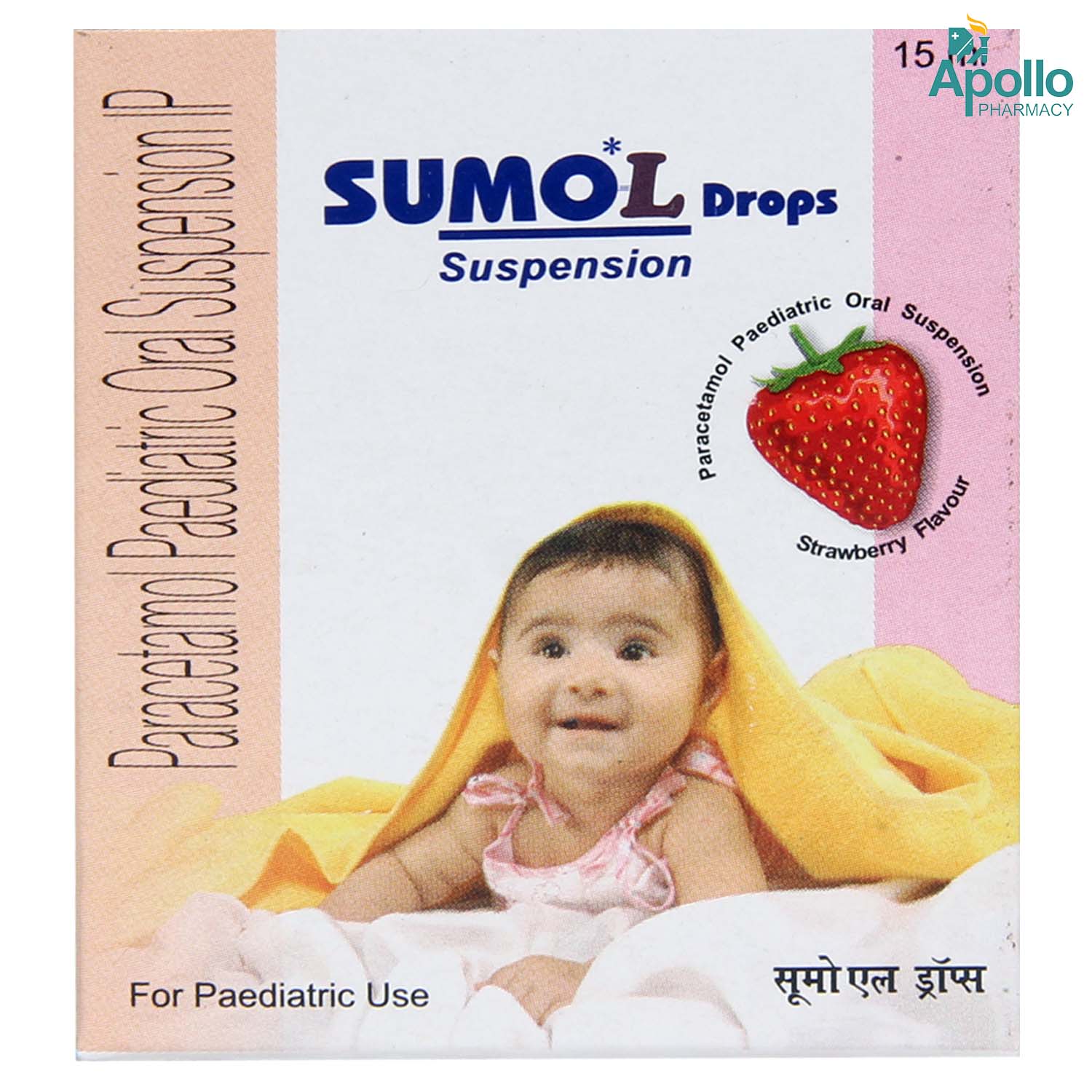
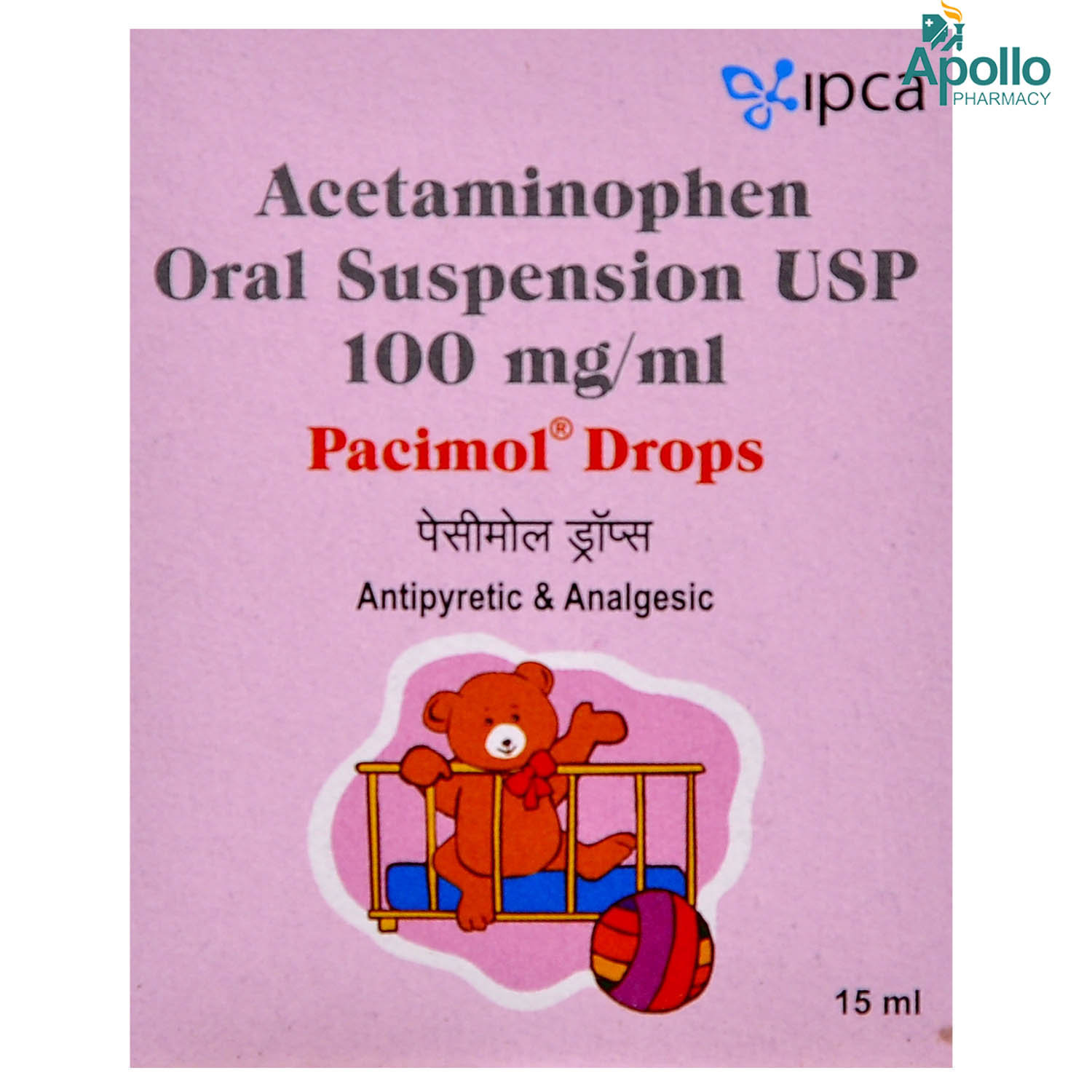
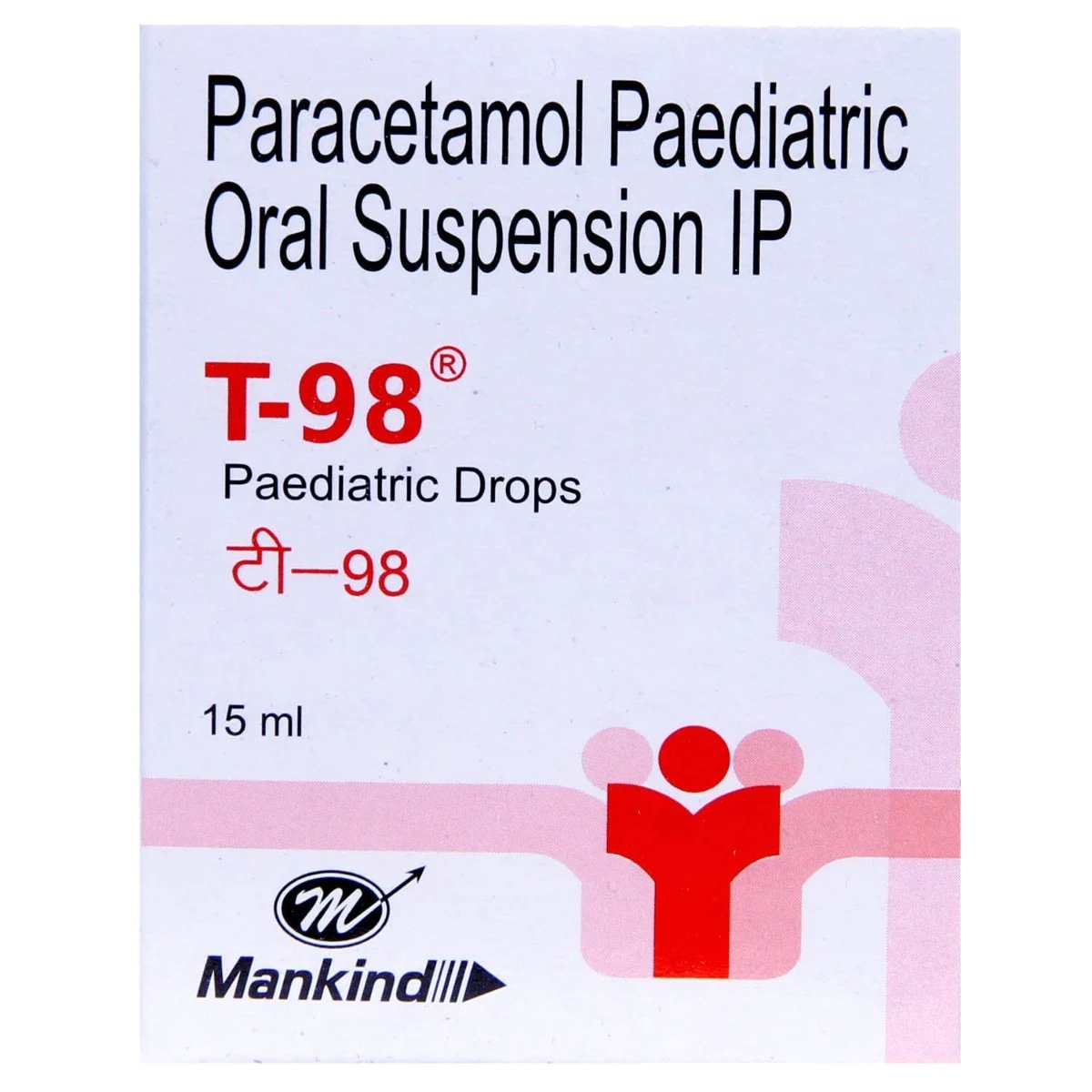


.jpg?tr=q-85)




